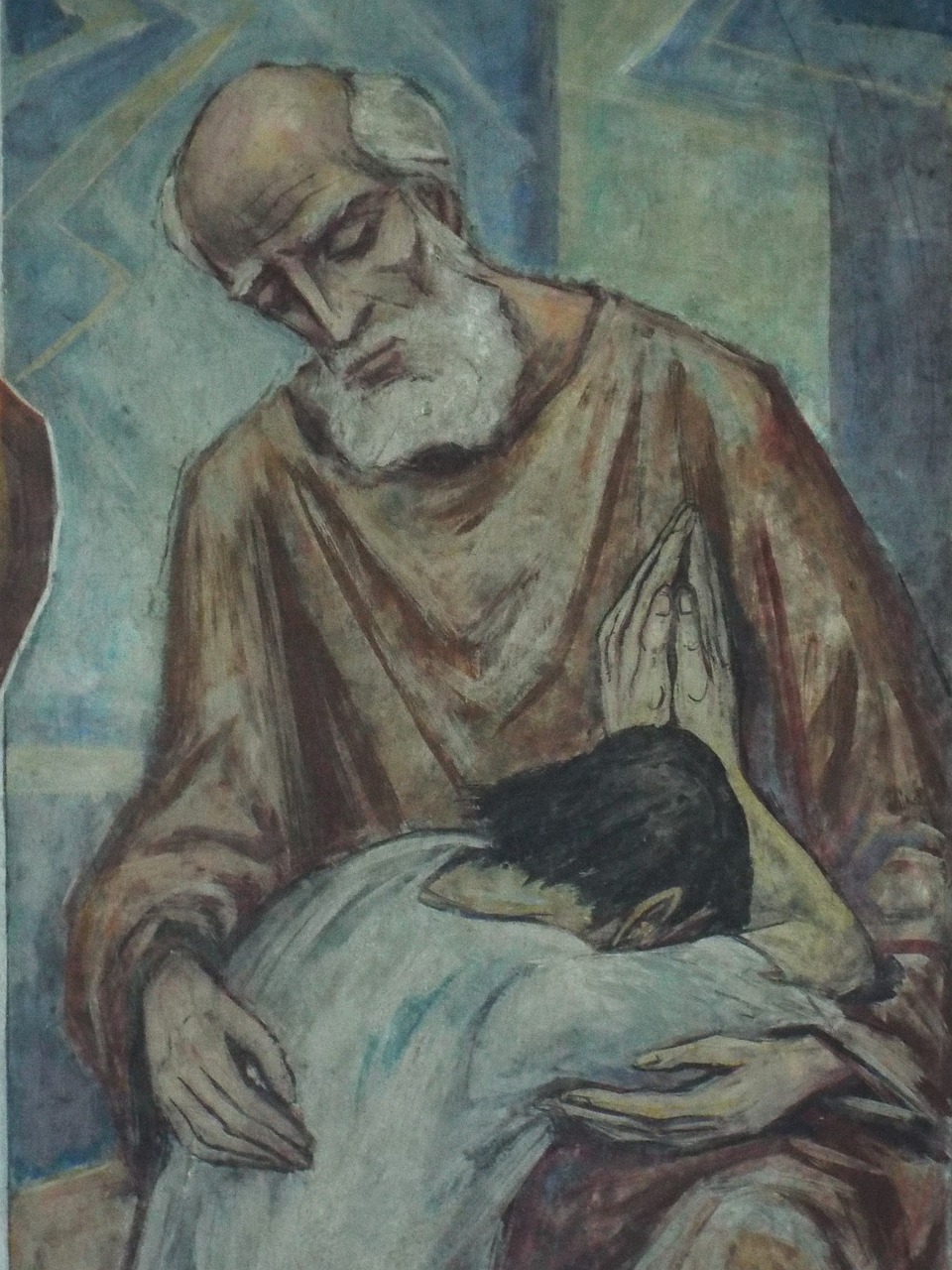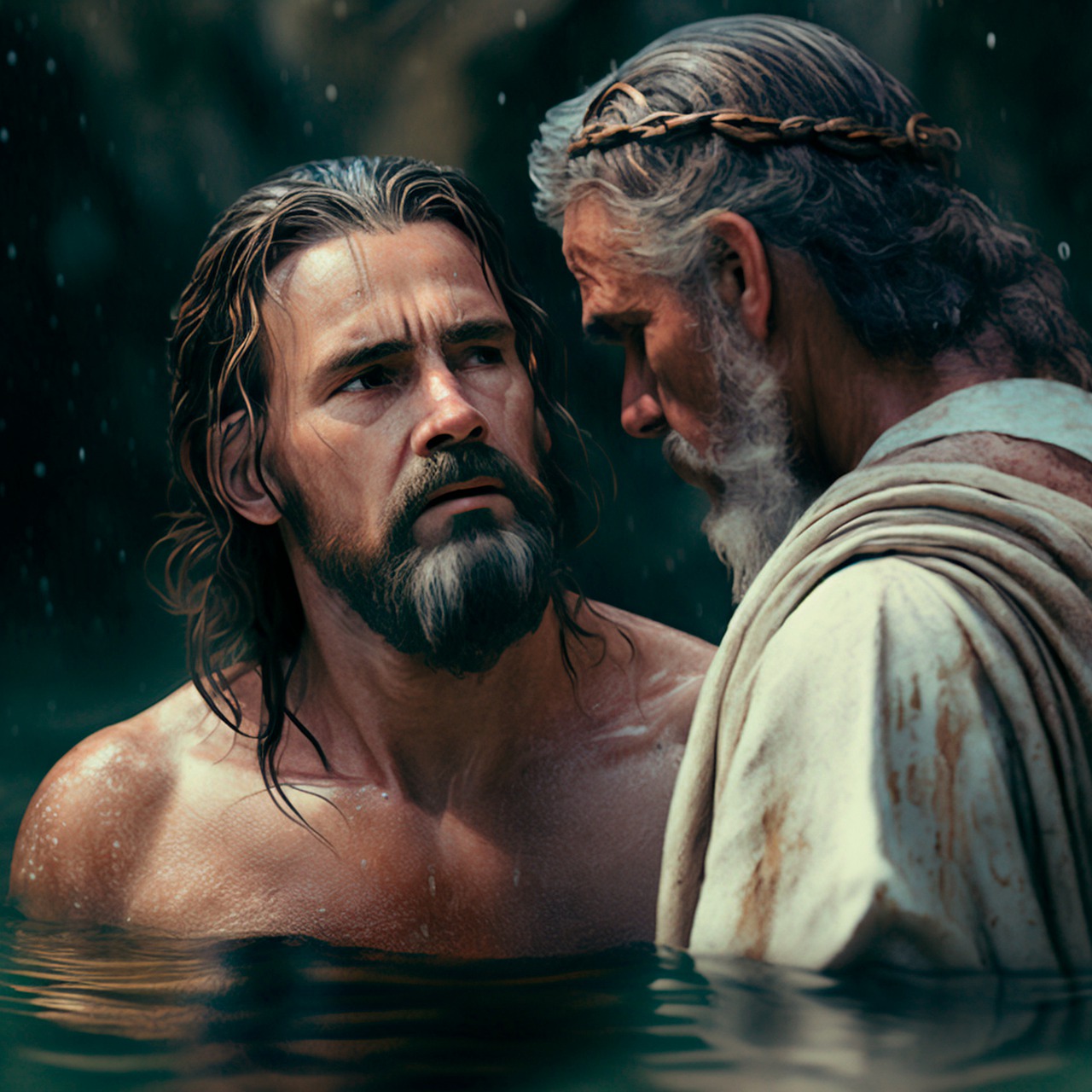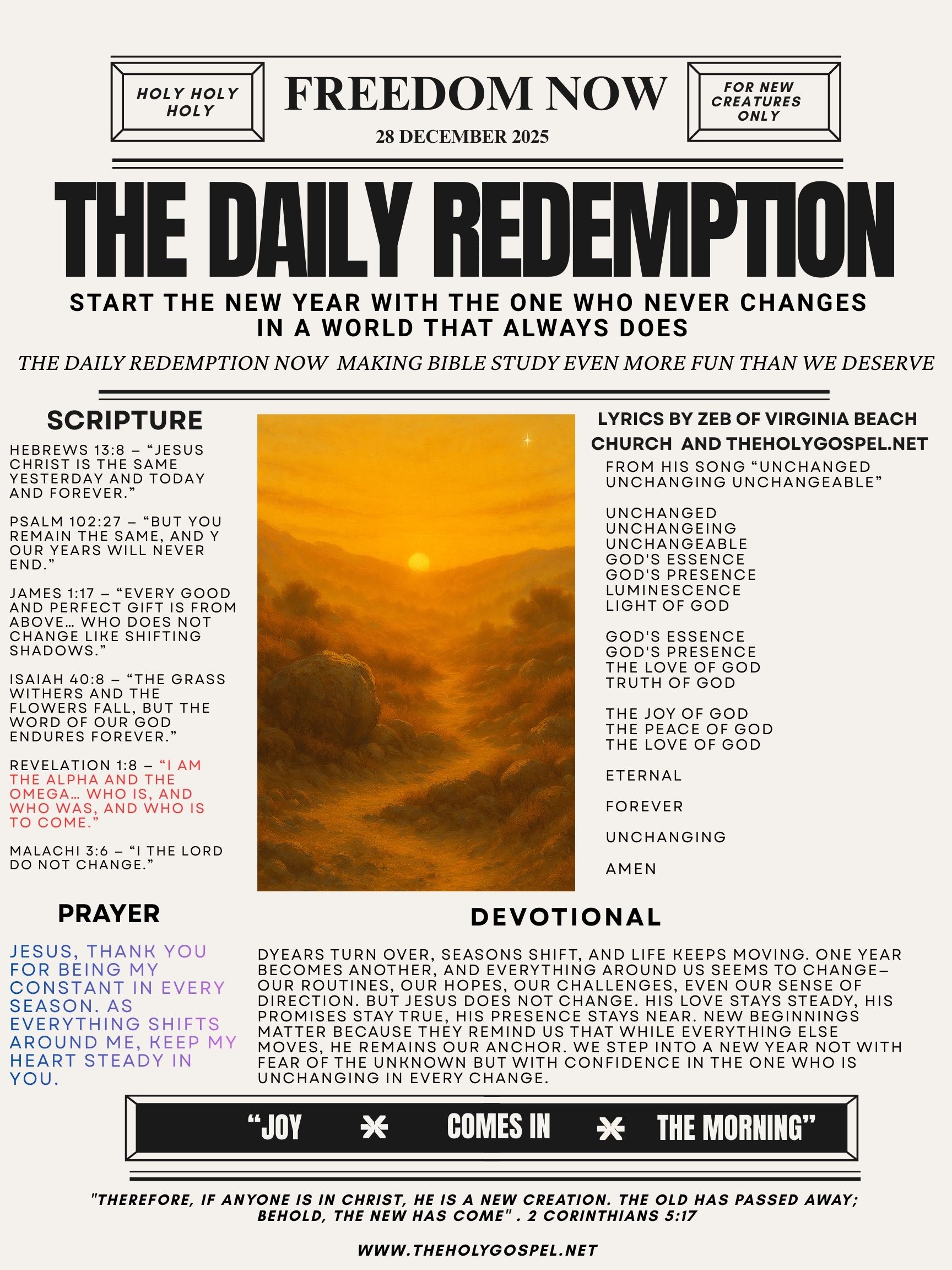7 Bible Narratives That Elicit Ethical Contemplation
Introduction: The Bible, a compilation of sacred texts with significant historical and religious value, is replete with stories that captivate and confront readers. These narratives often present ethical dilemmas and moral quandaries that inspire thought and reflection. This article will explore seven classic Bible stories that provoke ethical questions, presenting alternative sequences and rephrased ideas to shed new light on these ancient tales and their implications for our ethical considerations.
- Abraham and Isaac: The story of Abraham and Isaac, found in Genesis 22, introduces a profound ethical quandary. Abraham receives a divine command to sacrifice his beloved son Isaac as a test of his faith. This story raises ethical questions concerning the conflict between obedience to a divine directive and the inherent value of human life. Should Abraham have questioned or resisted this command? How do we navigate ethical decision-making when faced with conflicting obligations? What did Abraham know about God’s intentions and what would follow that could have weighed even further in favor of obedience?
- The Parable of the Good Samaritan: The Parable of the Good Samaritan, as told in Luke 10:25-37, challenges us to contemplate our responsibilities towards those in need. The story revolves around a man who is robbed, beaten, and left for dead, while religious figures pass by without offering aid. Surprisingly, a Samaritan, traditionally seen as an adversary, extends compassion and assistance. This parable evokes ethical questions about compassion, prejudice, and our obligations to strangers. Are we morally obligated to help those in need, even if they are different from us?
- The Fall of Adam and Eve: The story of the Fall in Genesis 3 raises ethical questions about human agency, disobedience, and the consequences of actions. Adam and Eve are forbidden from eating the fruit of the Tree of Knowledge, yet they yield to temptation. This narrative prompts reflection on personal responsibility, the nature of temptation, and the delicate balance between free will and moral boundaries. Should they have resisted temptation? How do the consequences of their actions shape our understanding of human morality?
- The Story of Job: The story of Job delves into the timeless question of theodicy, contemplating the problem of evil and human suffering. Job, a righteous man, endures immense loss and anguish as a test of his faith. This story compels us to ponder ethical dilemmas surrounding the nature of suffering, the role of a divine being in human affairs, and the moral response to adversity. Why does God permit suffering? How should individuals navigate hardships while maintaining their integrity?
- The Parable of the Prodigal Son: The Parable of the Prodigal Son in Luke 15:11-32 raises ethical questions concerning forgiveness, reconciliation, and the boundaries of parental love. This tale revolves around a son who squanders his inheritance and later seeks forgiveness upon his return. Instead of condemnation, his father warmly embraces him. This parable invites contemplation on the limits of forgiveness and the responsibilities of parents. Should forgiveness be unconditional? What are the implications of enabling destructive behavior?
- The Story of David and Bathsheba: The story of David and Bathsheba, recounted in 2 Samuel 11, poses ethical questions related to power dynamics, abuse, and the consequences of one’s actions. King David, upon observing Bathsheba bathing, becomes consumed by desire and commits adultery. To conceal his transgression, he orchestrates the death of Bathsheba’s husband in battle. This narrative compels us to reflect on the abuse of power, the accountability of leaders, and the ramifications of unchecked desires. Should leaders be held to higher ethical standards? How can power be responsibly wielded?
- The Parable of the Rich Man and Lazarus: The Parable of the Rich Man and Lazarus in Luke 16:19-31 raises ethical questions surrounding wealth, poverty, and social responsibility. This story portrays a rich man who callously disregards the suffering of Lazarus, a destitute beggar at his gate. However, their fates are reversed after their deaths, with Lazarus in paradise and the rich man experiencing torment. This parable prompts contemplation on the responsibilities of the affluent towards the impoverished and the consequences of indifference. What obligations do the wealthy have towards the poor? How can societal structures address economic inequalities?
Conclusion: The Bible’s timeless stories continue to evoke ethical reflection, challenging readers to confront intricate moral dilemmas. The stories explored above raise questions about obedience and sacrifice, compassion and prejudice, freedom and responsibility, suffering and faith, forgiveness and accountability, power and abuse, and wealth and poverty. Engaging with these ethical queries cultivates a deeper understanding of our beliefs and values. By contemplating these classic Bible narratives, we can unravel the complexities of human existence and strive towards more discerning and ethical lives.



